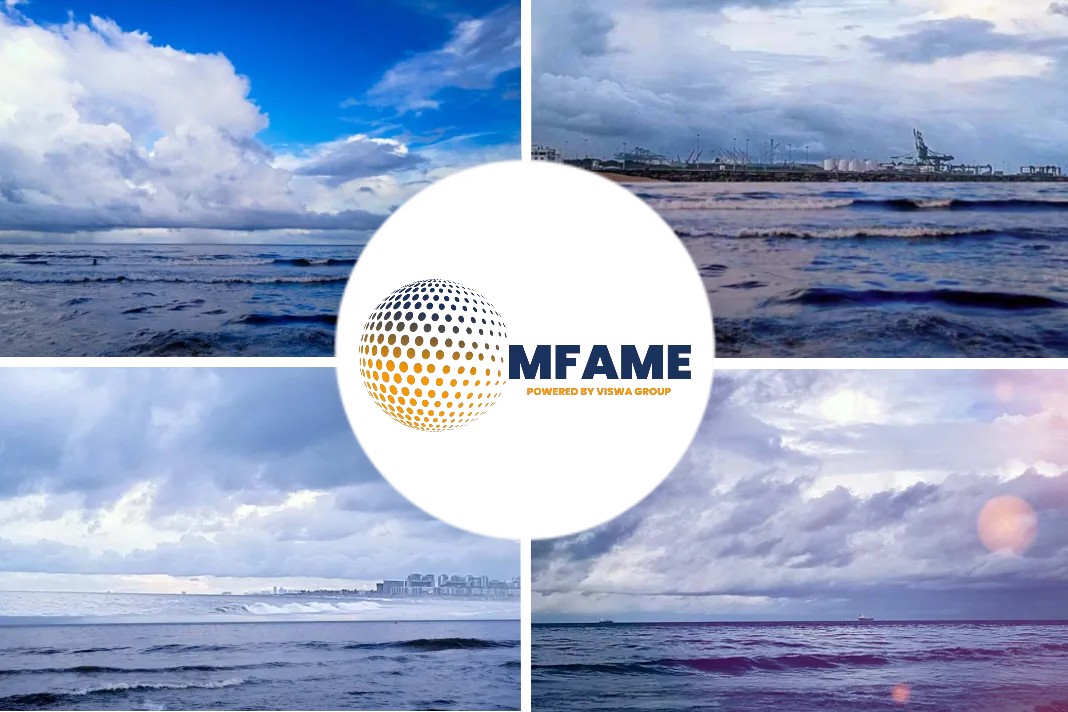 In 2019, the shipping industry was facing somewhat different pressures than what it faces today. With IMO 2020 on the horizon, the industry was waiting with nervous anticipation to see the impact of the new regulation, reports Manifold Times.
In 2019, the shipping industry was facing somewhat different pressures than what it faces today. With IMO 2020 on the horizon, the industry was waiting with nervous anticipation to see the impact of the new regulation, reports Manifold Times.
VLSFO Quality
Some predicted momentous disruption – from the availability, and cost of very low sulphur fuel oil (VLSFO), to the price spread for heavy fuel oil (HFO) and scrubbers – the debate around the most economically and environmentally viable compliant solution was in full force. We can now look back in confidence and say, whether it be due to preparedness from certain quarters, or low oil prices which diluted the cost of VLSFO, that the transition was, for the most part, smooth.
The quality of new VLSFO products were also an initial concern. In particular, the variable and wide-ranging viscosities, densities, as well as their other unknown properties, which could result in costly damage to fuel supply systems, and in worst case scenarios, engine failure. However, with ship owners and operators increasing their level of due diligence and seeking expert counsel in relation to newer fuels, major quality issues were mainly avoided.
A probable risk
Whilst all appears to have worked most favourably at present, a number of industry opinion formers believe that despite this current increase in quality and standards, ship owners and operators must be aware that this is only an initial phase of the IMO 2020 challenge.
Indeed, once the world begins to recover from the aftershocks of the COVID-19 pandemic, it is entirely possible that the price development and increasing demand for high quality fuels in other industries may result in a decreased availability of such fuels in the marine pool, as well as wider variations in fuel qualities across blends.
This therefore leaves us with the question of whether the maritime industry will have to manage the risks that come with introducing lower quality fuels to a vessel’s fuel supply systems.
Problems with low-quality fuel
Ultimately, the introduction of low-quality fuel to a vessel’s fuel supply system can cause more frequent service intervals than typically required, as well as an increased need for daily maintenance. This can lead to higher operating costs for the ship owner or operator and, in worst case scenarios, issues such as engine failure. Ship owners and operators must therefore remain diligent in 2021 and maintain awareness of the ever evolving and volatile marine fuel market.
This means that to stay one step ahead of the curve, owners and operators need to continue to engage and consult with experts and seek counsel on the implementation of fuel supply systems, modernisations, and upgrades. This is especially important with the existing global fleet set to be in operation for many years. From the perspective of the vessel’s fuel supply systems, this is about looking at the whole lifecycle of the asset, focusing on the total cost of ownership, rather than just a commoditised, granular focus on the initial installation and price.
Safeguarding the system
With this in mind, the LifeCycle services team provide in-depth counsel and advice to customers to ensure the safeguarding of their systems throughout the vessel’s lifecycle. This includes implementing an integrated and strategic approach to managing spare parts to repair, modernise, and upgrade systems and components to always ensure operational continuity, and reduced downtime, whatever the market conditions.
The reality is that the marine fuel market is rapidly transforming. The last year has been unparalleled with the impact of the global pandemic and economic consequences diluting the effect of IMO 2020. In conjunction with this, the industry pivot towards decarbonisation is also transforming and evolving the marine energy supply chain. Ship owners and operators can therefore not afford to stand still, rest easy or operate with a false sense of security. The challenges that lie ahead must be met with joint collaboration in order to futureproof operations and ensure that the efficient, safe, cost-effective and compliant movement of vessels are always preserved.
Did you subscribe to our daily newsletter?
It’s Free! Click here to Subscribe!
Source: Manifold Times





















